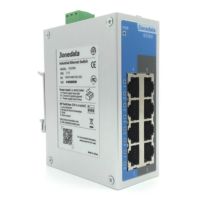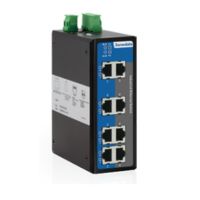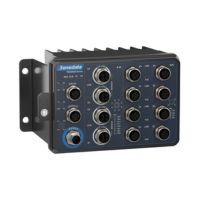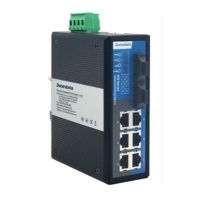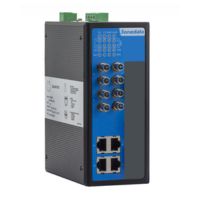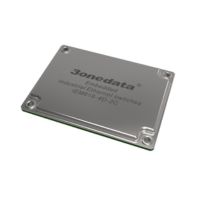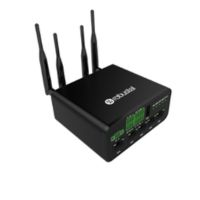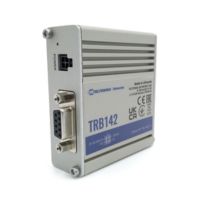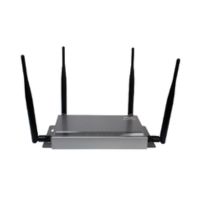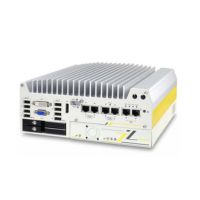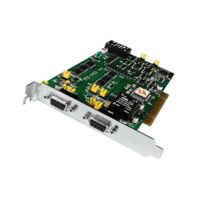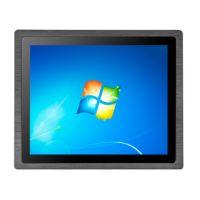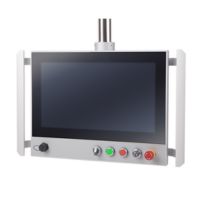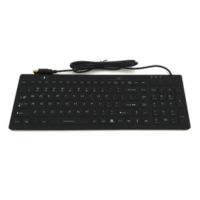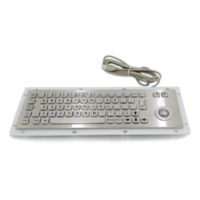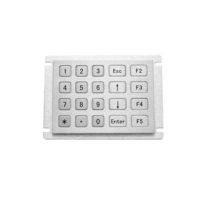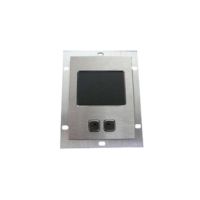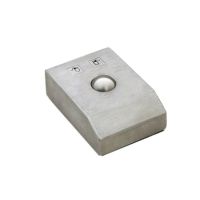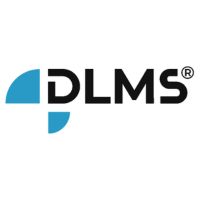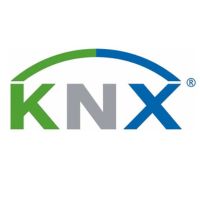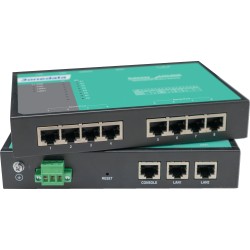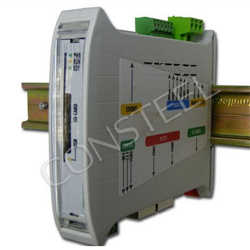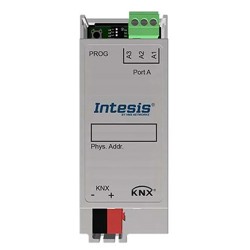Enriching Building Management Systems (BMS) with Modbus solutions - Modbus protocol in BMS systems

Building management systems (BMS) have become an integral part of optimizing the efficiency, comfort, and safety of modern buildings. One of the key aspects contributing to the success of BMS is the use of standard communication protocols, such as the Modbus protocol. How to apply the Modbus protocol in BMS systems? What role does Modbus play in BMS, what is modbus, what are its advantages and applications in creating intelligent, interconnected, and energy-efficient buildings?
Understanding Modbus Operation - BMS System
Modbus protocol is a widely used communication protocol that facilitates the exchange of information between electronic devices. In the context of a BMS, Modbus serves as a unified language that enables seamless communication and coordination between different systems and devices in a building. It operates over various communication media, including serial (Modbus RTU) and Ethernet (Modbus TCP/IP), providing flexibility in implementing automated solutions.
Key Modbus Components in BMS
1. Modbus RTU and Modbus TCP/IP:
Modbus RTU is a serial communication protocol, while Modbus TCP/IP operates over Ethernet networks. The choice between them depends on the specific requirements and BMS infrastructure.
2. Master-Slave Architecture
In the context of BMS, Modbus protocol is often based on a master-slave architecture, where the BMS server acts as the master and individual devices (such as sensors, actuators and controllers) act as slaves.
3. Registers
Data exchange in the Modbus protocol involves the use of registers, which are memory cells that store information such as sensor readings, setpoints, and control parameters. Reading and writing to these registers enables real-time monitoring and control.

Benefits of using the Modbus protocol in a BMS system
1. Interoperability
Modbus serves as a universal language for BMS components, supporting interoperability between devices from different manufacturers. This allows building owners to choose best-in-class components without worrying about compatibility issues.
2. Scalability
BMS system implementations often evolve over time. Modbus provides a scalable solution that allows for the easy integration of new devices and systems as building needs change or expand.
3. Real-time monitoring and control
Modbus real-time capabilities enhance the functionality of BMS by enabling rapid monitoring of environmental conditions, energy consumption, and equipment performance. This facilitates proactive decision-making and efficient resource management.
4. Energy efficiency
Modbus plays a key role in optimizing energy use in buildings. By providing real-time data on energy usage and environmental conditions, a Modbus-enabled BMS can implement energy-saving strategies such as dynamic HVAC control and lighting management.
5. Remote Accessibility
Modbus TCP/IP enables remote monitoring and control, allowing facility managers to oversee BMS operations from anywhere with Internet access. This is especially valuable for large or geographically dispersed buildings.
Modbus applications in BMS:
1. HVAC Systems
Modbus enables the integration of sensors and controllers in HVAC systems, allowing for the prprecise control of temperature, humidity and air quality.
2. Lighting control
A BMS using Modbus can effectively manage lighting systems by adjusting brightness levels, scheduling and responding to occupancy patterns.
3. Security Systems
Integration with Modbus enables seamless operation of security devices such as access control and surveillance systems within a broader BMS structure.
4. Energy Management
The Modbus protocol facilitates the exchange of energy consumption data, enabling BMS to implement energy-saving strategies and monitor the performance of renewable energy systems.
Modbus Protocol in Building Management Systems - Summary
The Modbus protocol and its implementation in building management systems enhances their capabilities by promoting interoperability, scalability and real-time control. As buildings become smarter and more energy-conscious, the role of Modbus in the BMS will continue to grow, ensuring that diverse building systems operate harmoniously, creating a comfortable, efficient and sustainable environment. Whether it is a commercial, industrial or residential building, Modbus is proving to be a key enabler of intelligent and responsive solutions in the Building Management System.

